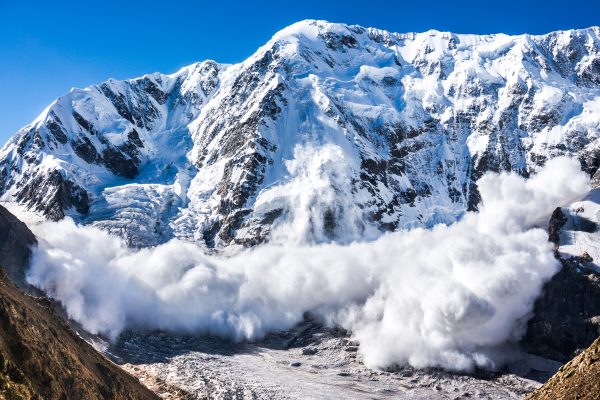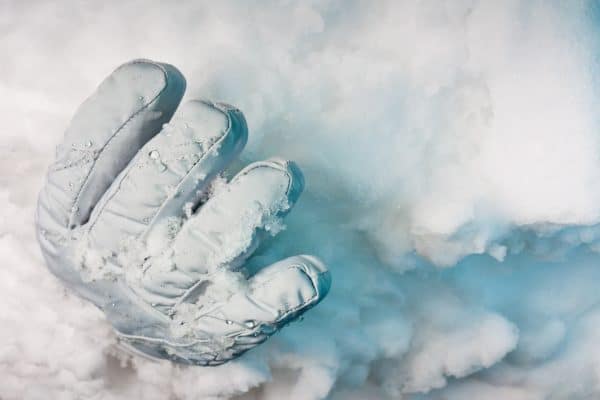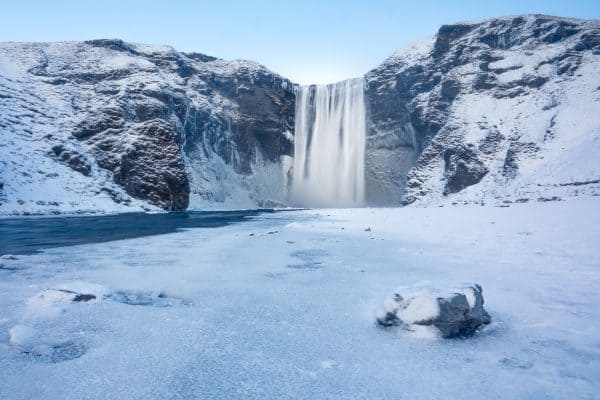It's not a question that is commonly asked, but you've probably wondered if different kinds of water freeze. In this post, we've researched about sugar water getting frozen and what other solutions can freeze at a certain temperature.
The answer to this particular question is yes, sugar water does freeze. However, unlike pure water, the addition of sugar molecules prevents the hydrogen molecules from solidifying, which is why sugar water needs longer to freeze at a lower temperature.
There is a science behind freezing sugar water and there is quite a lot to unpack about this topic. In this post, we'll talk about how sugar affects the water's freezing point, so keep reading as we share with you more about this valuable information.
NOTE: WE MAY GET A COMMISSION IF YOU DECIDE TO MAKE A PURCHASE THROUGH THESE LINKS. THERE'S ADDITIONAL NO COST TO YOU. CHECK THE BOTTOM OF THE PAGE FOR MORE INFORMATION.
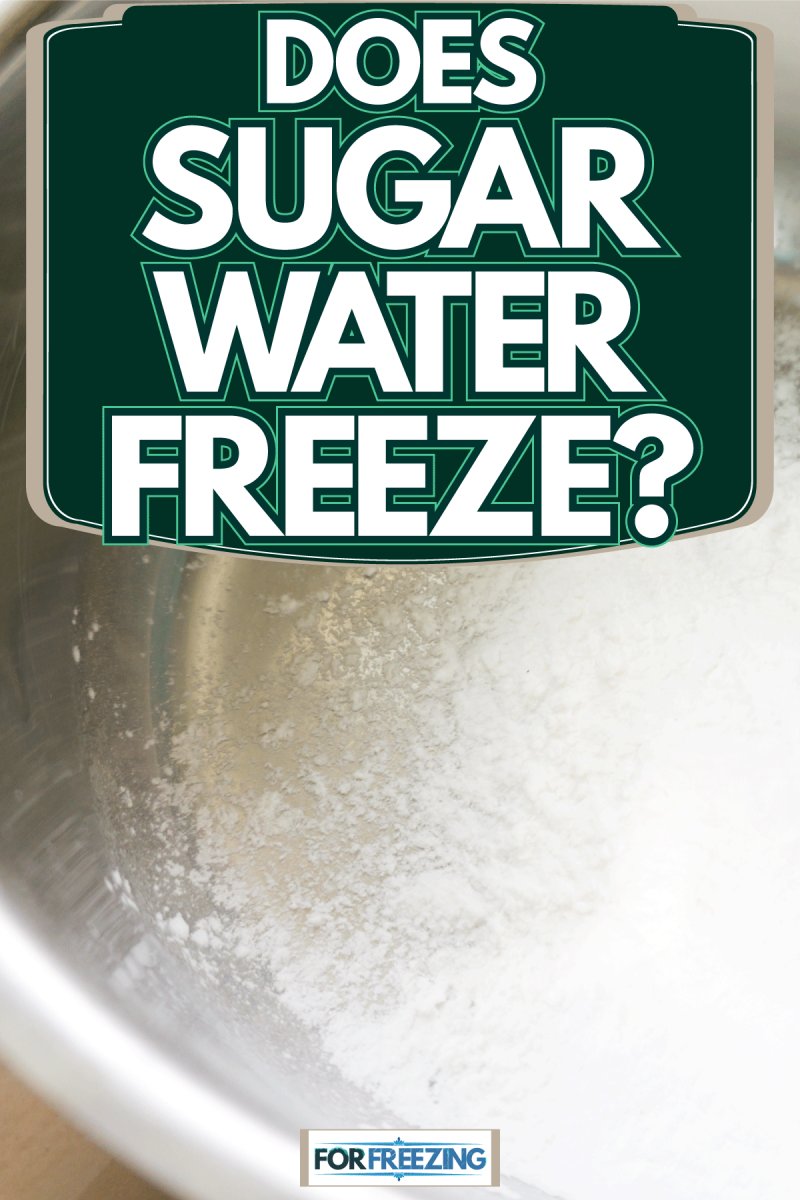
Does sugar water freeze?
It's a science concept that not many people are aware of. Water freezes at a temperature of 32°F, but people also ask if water with an added solute also freezes.
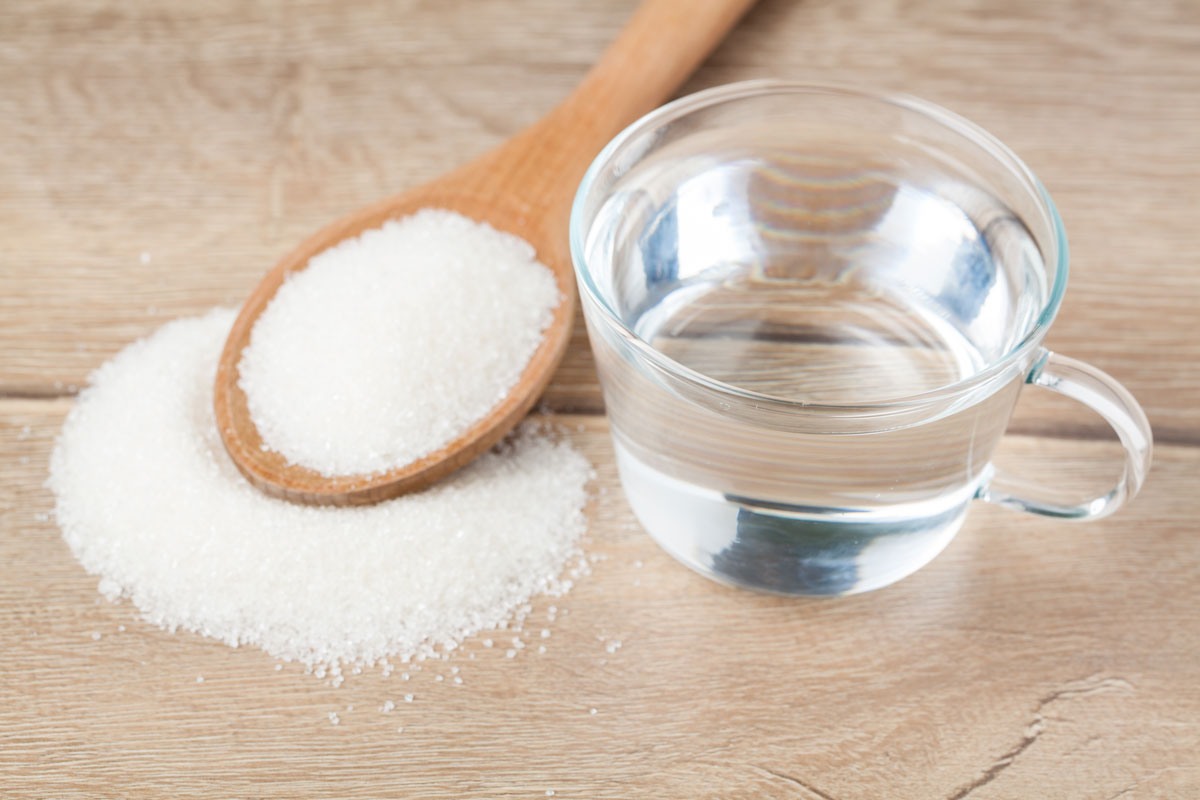
The answer is yes, it does. An example of this kind of water is sugar water, and this solution does indeed freeze albeit with a lower freezing point than pure water.
Sugar water is a combination of sugar and water, or what others might call "simple syrup". This sweetened solution freezes just like water, but it requires a lower freezing point before it turns into a solidified mass.
At what temperature does sugar water freeze?
Now that we know that sugar water does indeed freeze, the next question would most likely be: how cold should it be before it freezes?
Knowing that a solute like sugar does dissolve in water, the freezing point of these solutions depends on how much was dissolved in the water. The more sugar is dissolved in the water, the lower the freezing point of the solution.
This is because adding sugar to the water adds more molecules, which prevents the hydrogen bonds from forming. When more molecules are in the solution, the freezing point of the water changes, often a lot lower than its usual temperature.
Pure water's freezing point is at 32°F, and by this point, it should already be frozen solid. For sugar water with a 1:1 ratio of water to sugar, the freezing point drops to about 31°F.
Consequently, the freezing point of sugar water also depends on the amount of sugar that is mixed in with the water. More sugar added to the water means that the water has more obstacles to deal with before they can bond and solidify.
What does frozen sugar water taste like?
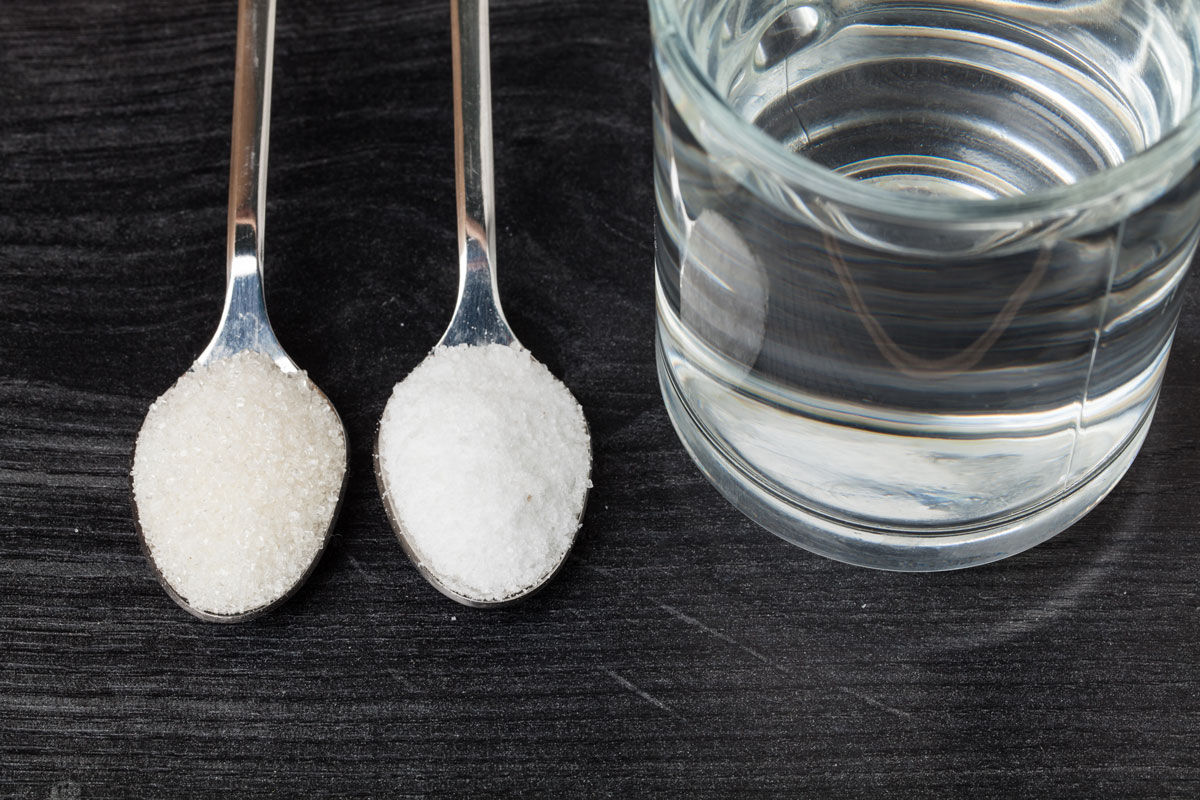
One would think that freezing a sweet solution like sugar water will automatically taste sweet. Well, that's technically true. However, if you do lick an ice cube of frozen sugar water, your first impression might be a little surprising.
One of the amazing things about sugar water is that water freezes first before the sugar does. This is what we call the Eutectic system, wherein the sugar mixed in the water turns into a high concentration called the eutectic concentration.
This eutectic concentration takes longer than the pure water to freeze, which is why you'll often see vein-like structures on the inside of frozen sugar water ice cubes. This is the sugar that was mixed into the sugar water mixture.
If you lick this frozen cube of ice, you'll find that it will taste like water because you're only licking the part that is made of frozen pure water.
However, if you break the ice cube, you'll be able to get into the concentrated sugar and taste the sweetness as it melts on your tongue.
When you freeze sugar solutions, you'll find that the sweetness is there when you've broken the layer of frozen water. This is the reason why you need to scrape your granita off of the pan before serving—otherwise, it's just going to taste like water.
What freezes faster—sugar water or salt water?
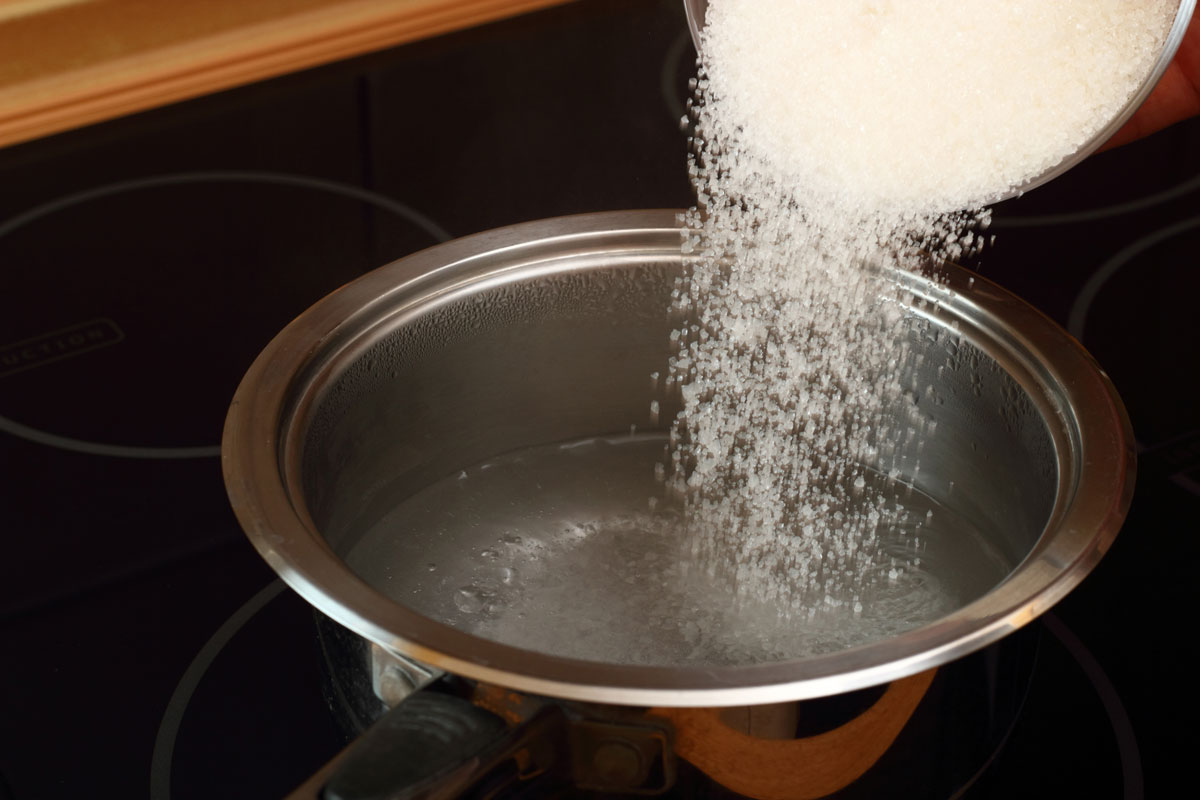
Aside from sugar water, you've probably also wondered if other water solutions also freeze. A common question is salt water—does this kind of water also freeze?
Well, the answer is yes. And just like sugar water, salt water will freeze at a very low freezing point. Even much lower than sugar water's freezing point. An example would be a 0.35 oz. of salt in 3.53 oz. of water will freeze at 21.4°F.
This phenomenon of a solution having a lower freezing point when a solute is added is called the colligative property.
Does sugar water in hummingbird feeders also freeze?
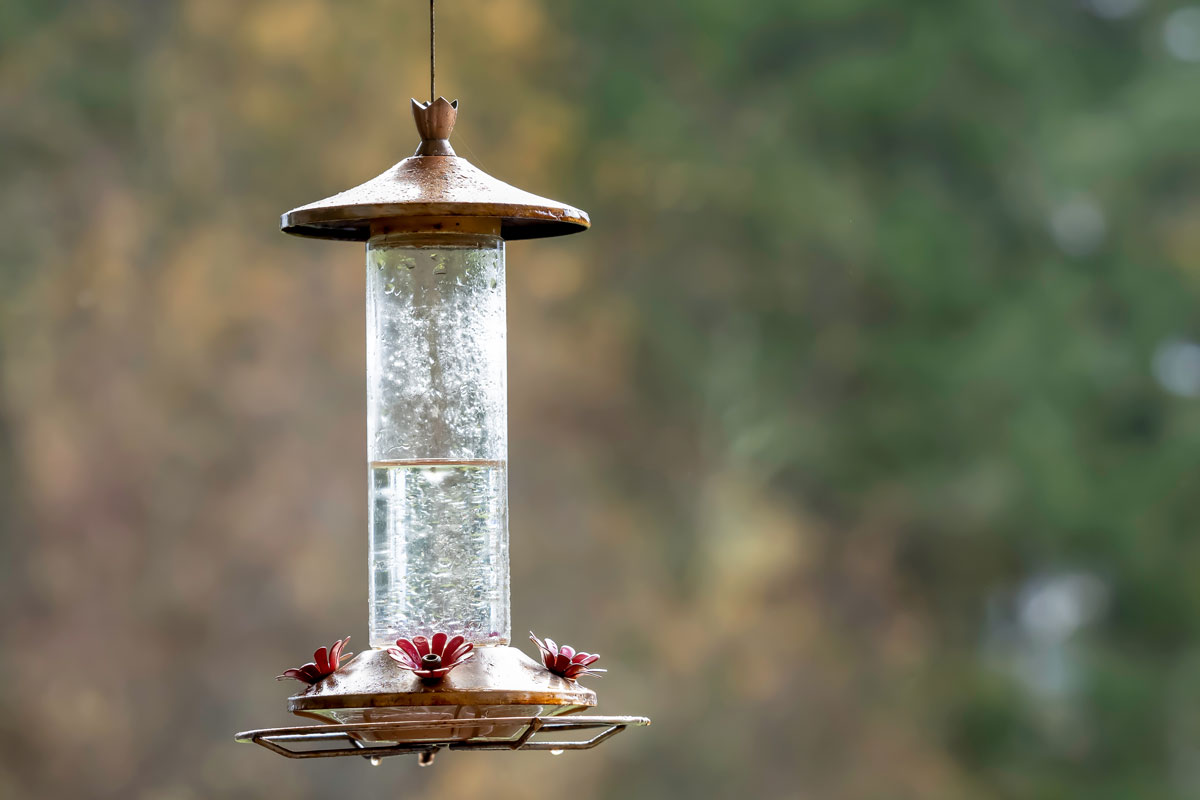
Quick answer, yes it does. Just like any sugar water, when left in temperatures that are close to the freezing point, there is a possibility that sugar water left in hummingbird feeders will freeze solid.
If you live in an area where you put out sugar water for your friendly hummingbirds, do keep in mind to take them inside your homes if the weather forecast is stating low temperatures. Leaving them out in your garden will surely freeze them.
When left inside the feeders, your sugar -water solution will most likely shatter the glass of your feeders. This is because there is no space for your sugar water to expand, so it will simply crack and break the container.
How to make Sugar Water
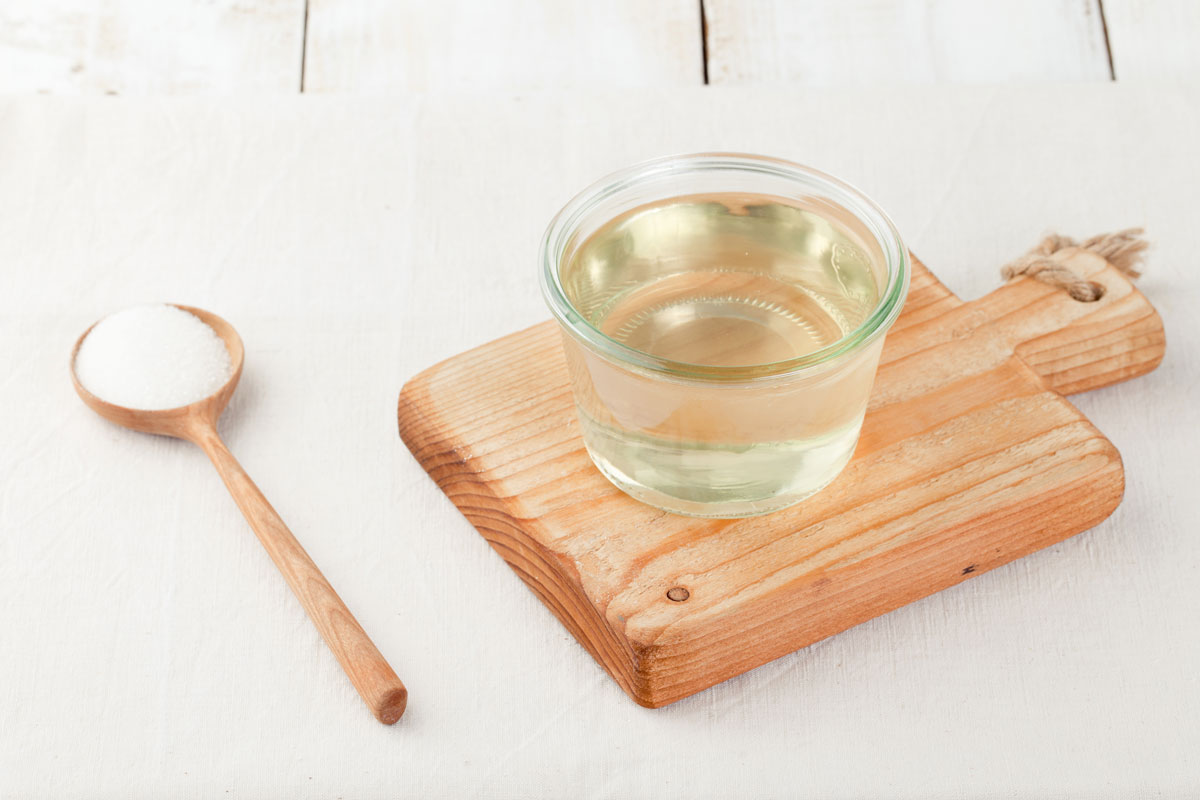
Now that we've established that sugar water does indeed freeze, you're probably wondering how you can make one. We've also talked about how sugar water's freezing point dramatically changes depending on the amount of sugar mixed in, so this is a good way for you to check their differences.
Sugar Water 1:1 Water to Fugar USAatio
1 cup (240 mL) water
1 cup (200 grams) white sugar
- In a pot, mix the water and white sugar together.
- Turn on the stove and let the water boil. The boiling water will dissolve the sugar, but you can also mix the solution to further dissolve the sugar crystals.
- Lower the heat and allow the solution to simmer until the sugar completely dissolves. Let the sugar water cool before storing.
Sugar Water Concentrate (1:2 water to sugar ratio)
1 cup (240 mL) water
2 cups (400 grams) white sugar
- In a small pot, mix 1 cup of water with 2 cups of white sugar. Turn up the heat to medium.
- Allow the water to boil, stirring the sugar to help it dissolve.
- Reduce the heat to a simmer, waiting until all the sugar crystals have completely dissolved into the solution.
- When all the sugar has dissolved, turn off the heat and allow it to cool to room temperature before storing.
Diluted Sugar Water for hummingbirds (4:1 water to sugar ratio)
4 cups (960 mL) water.
1 cup (200 grams) cane sugar
- Mix 4 cups of water with 1 cup of cane sugar in a small pot, and set it on top of the stove.
- Over high heat, boil the water until all of the cane sugar dissolves. You may mix the solution to help the sugar dissolve faster.
- When the water starts to boil, cook the sugar until everything dissolves. This should take about one or two minutes.
- Once all the sugar has dissolved, take the pot off the stove and allow the solution to cool.
- Fill your hummingbird feeders with just enough sugar water, and keep the extra inside the refrigerator. Diluted sugar water will last about 2 weeks in the refrigerator.
In Conclusion
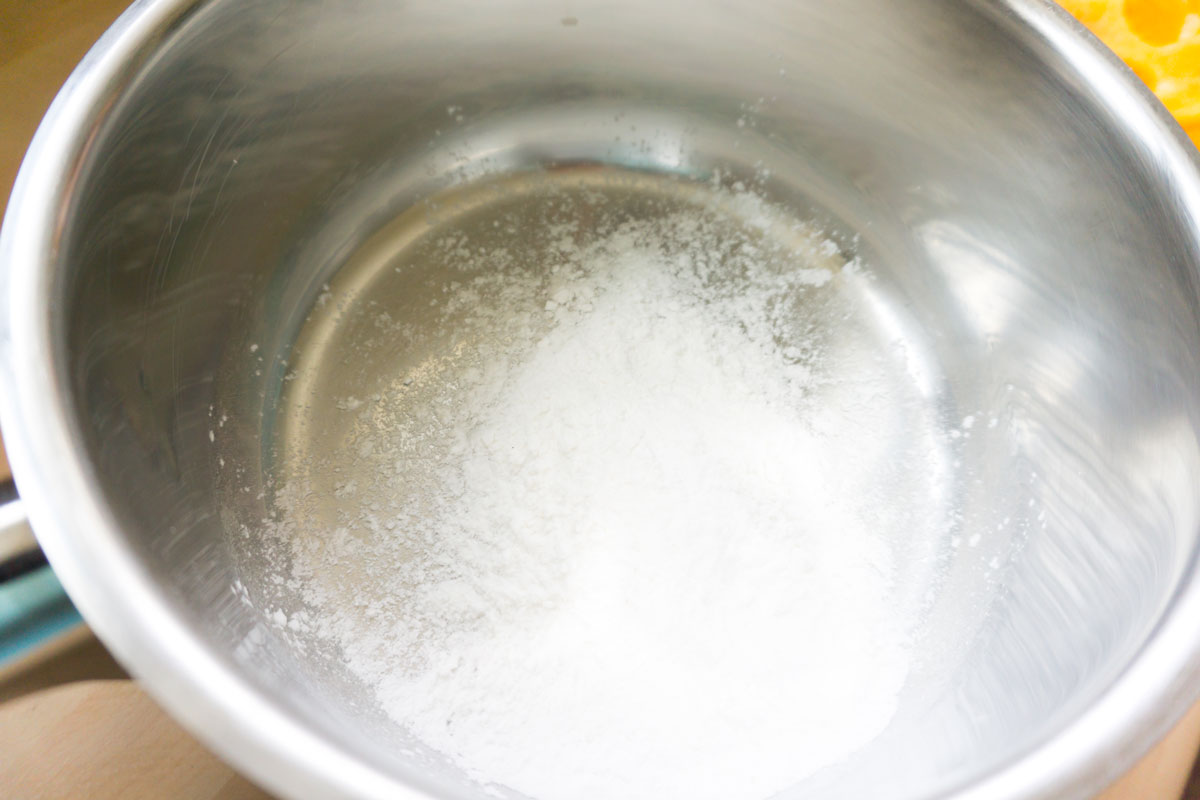
Sugar water freezes, but it requires your freezer to be a lot colder than its usual temperature to fully solidify. Knowing this information, you'll be happy to know that your sugar solutions like slushies will freeze just enough for you to enjoy these treats.
Are you looking to learn more about things that freeze? We've got some articles that you might find quite interesting:

